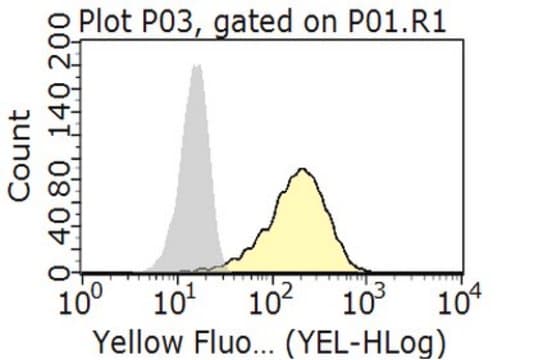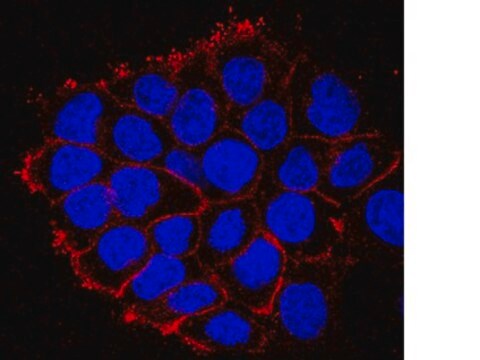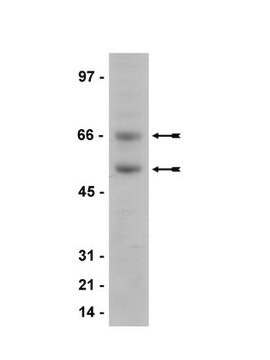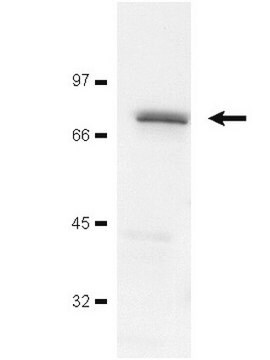05-440
Anti-Cbl Antibody, clone 7G10
clone 7G10, Upstate®, from mouse
Synonym(s):
Cas-Br-M (murine) ecotropic retroviral transforming sequence, Casitas B-lineage lymphoma proto-oncogene, Proto-oncogene c-CBL, RING finger protein 55, Signal transduction protein CBL, oncogene CBL2
About This Item
Recommended Products
biological source
mouse
Quality Level
antibody form
purified immunoglobulin
antibody product type
primary antibodies
clone
7G10, monoclonal
species reactivity
mouse, rat, human
manufacturer/tradename
Upstate®
technique(s)
immunocytochemistry: suitable
immunoprecipitation (IP): suitable
western blot: suitable
isotype
IgG1κ
NCBI accession no.
UniProt accession no.
shipped in
wet ice
target post-translational modification
unmodified
Gene Information
human ... CBL(867)
General description
Specificity
Immunogen
Application
5-10 μg/mL of a previous lot showed positive immunostaining for Cbl in 3T3/A31 cells fixed with ice cold Methanol/Ethanol [1:1] for 1 minute.
Immunoprecipitation:
2 μg of a previous lot immunoprecipitated Cbl from 1 mg of a mouse 3T3/A31 cell RIPA lysate, as reported by an independent laboratory.
Protein Trafficking
Ubiquitin & Ubiquitin Metabolism
Quality
Target description
Physical form
Storage and Stability
Analysis Note
Positive Antigen Control: Catalog #12-305, 3T3/A31 lysate. Add 2.5 μL of 2-mercapto-ethanol/100 μL of lysate and boil for 5 minutes to reduce the preparation. Load 20 μg of reduced lysate per lane for minigels.
Other Notes
Legal Information
Disclaimer
Not finding the right product?
Try our Product Selector Tool.
Storage Class Code
10 - Combustible liquids
WGK
WGK 1
Certificates of Analysis (COA)
Search for Certificates of Analysis (COA) by entering the products Lot/Batch Number. Lot and Batch Numbers can be found on a product’s label following the words ‘Lot’ or ‘Batch’.
Already Own This Product?
Find documentation for the products that you have recently purchased in the Document Library.
Our team of scientists has experience in all areas of research including Life Science, Material Science, Chemical Synthesis, Chromatography, Analytical and many others.
Contact Technical Service